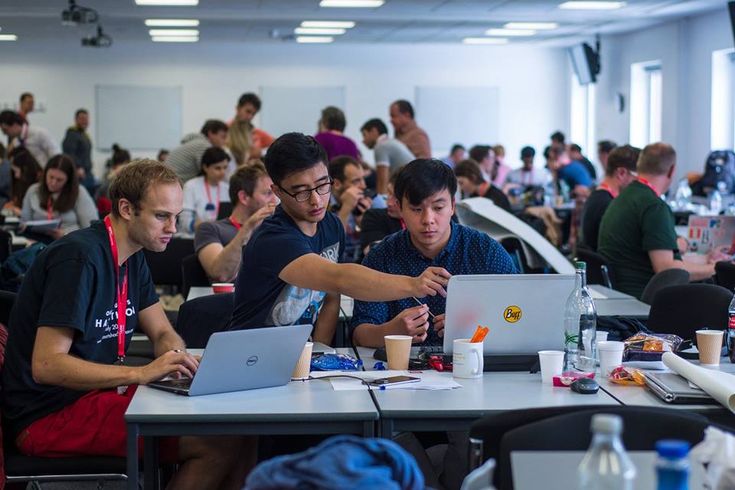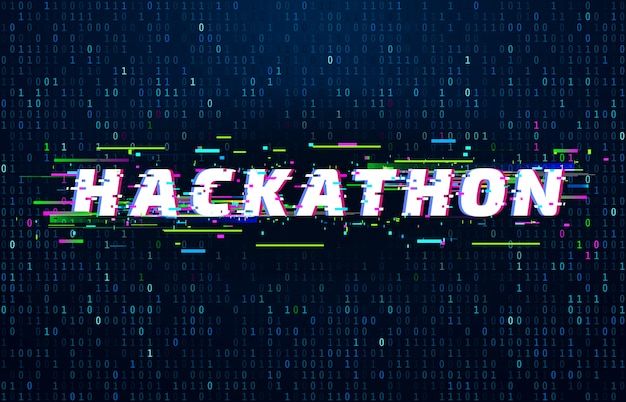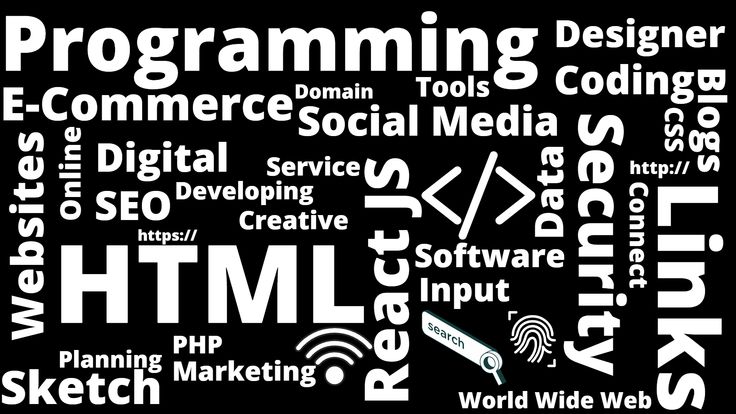
In the fast lifestyle of the tech world, it’s all about innovation and flexibility. The hackathon is one event that sums up all these qualities. These are collaborative and intensive gatherings of developers, designers, and technologically inclined people tackling problems, inventing innovations, and stretching the realms of what is possible within a limited time. Apart from encouraging innovation, hackathons significantly shape tech careers by offering participants invaluable experience, networking opportunities, and experience with real-world challenges.
This blog will discuss hackathons-how and why they have become the backbone of building successful tech careers.

Table of Contents
What is a Hackathon
The Role of Hackathons in Tech Careers
Success stories from Hackathons
This Is How Hackathon Can Be a Blessing in Disguise
The Future of Hackathons
Conclusion
What are Hackathons?

A hackathon is a project design and construction competition, usually lasting from 24 to 48 hours, in which teams pursue common goals and celebrate coding, hardware or software. “Hack,” in the broadest sense of the word, means exploratory programming. A lot of these are done according to a specific theme, technology, or area of problems-say, AI, Machine Learning, Blockchain, healthcare innovations, and sustainability or Green Tech. These hackathons are organized by tech companies, schools, or community organizations, with participants mostly being professionals, students, and hobbyists.
Hackathons are environments built on creativity and problem-solving, but with a framework. Hackathons invite out-of-the-box thinking by forcing participants to use new ideas or concepts with potential unfamiliar tools. Some key drivers of hackathons include:
1. Time Constraints – The limited time puts pressure on the participants to include critical features and deliverables and to enable ideation and prototyping at an accelerated pace.
2. Working Environment – Collaborating within teams that consist of members with very diversified skills allows for cross-pollination of ideas.
3. Access to Resources – Access to mentors, APIs, and tools during a hackathon allows participants to try and break things.
4. Healthy Competition: Participants strive for more pleasing performance by having a little competition amongst other peers and drive to achieve better than they thought they could.
The Role of Hackathons in Tech Careers
Hackathons are not just innovation sprints; they really are transformational experiences that can greatly influence a participant’s technology career. Here’s how:
1. Skill Development
Hackathons help improve both technical and soft skills. Several key skills that are usually developed are:
• Technical Competence: Building projects under time pressure teaches better coding, debugging, and problem-solving skills.
• Teamwork: Working with others improves communication, adaptability, and teamwork.
• Time Management: This is the time when deadlines become tight, which teaches participants to prioritize and manage the work efficiently.
Hackathons help expose their participants to newer technologies, frameworks, and tools, thereby ensuring that they are updated with the trends in the industry.
2. Networking Opportunities
Hackathons bring together people with similar interests, industry experts, and recruiters; thus, they provide excellent opportunities for networking. Many a time these connections can lead to:
• Job Offers: A lot of companies scout talent at hackathons, and they offer jobs to the stars.
• Mentorship: You’ll meet some mentors or industry veterans who can impart valuable career knowledge.
• Collaborations: Where participants often find potential co-founders or collaborators for future projects.
3. Portfolio Enhancement
The projects built during hackathons are proof of a participant’s skills and creativity. The projects can go a long way in:
• Impressing the potential employer during job interviews.
• Depicting problem-solving capability and technical expertise.
• Showcasing commitment to learning and innovation.
4. Exposure to Real-World Problems
Hackathons simulate work facts by presenting participants with complex problems to be solved. This exposure also helps in:
• Bridging the gap between academic learning and the needs of industry.
• Building resilience and building confidence by solving difficult tasks.
• Providing insight into current industry needs and trends.
Success stories from Hackathons

Many ingenious ideas and successful startups have emerged from hackathons. For instance, the hugely popular messaging application GroupMe was conceptualized during a hackathon in 2010 and was later bought for $85 million by Skype. Similarly, pebble’s founder, Eric Migicovsky, put together a prototype for the Pebble Smartwatch during a hackathon that paved the way for the smartwatch revolution.
Zapier, a workflow automation tool, was first pitched at a Startup Weekend hackathon and went on to become a multi-million-dollar company. These stories speak to hackathons as a potential vehicle for turning ideas into meaningful products and careers.
This Is How Hackathon Can Be a Blessing in Disguise
Some ways to maximize the outputs from your participation in a hackathon are:
1. Prepare in Advance
• Kip up with what the thematic scope of the event is all about and its rules and regulations.
• Assemble a group that has various skills that add value to each other.
• Understand what tools or technologies may come in handy.
2. Simplicity and Functionality
• Focus on putting up a working prototype, not an artistic masterpiece.
• Clearly define your project: what it is and whom it serves.
3. Use Mentors and Resources
• Feedback and advice from mentors may help you to polish your ideas.
• Use APIs, templates, and other resources the organizers provide.
4. Get out and Network
• Network with other competitors, mentors, and judges.
• Elicit phone numbers and follow up after the event.
5. Documenting Your Work
• Have a detailed presentation or pitch prepared to showcase the project.
• List up your project items on GitHub for greater exposure.
The Future of Hackathons

Hackathons are taking a more transformative role in some of the way tech careers are shaped. As technology advances, leading to improved ways ontract teams come together, hackathons in the virtual format will see employees from different backgrounds share ideas and collaborate firmly to form the rich technological future.
Since few years now, we see such events contesting in a so-called thematic frame connecting with rather specific challenges, such as sustainability or diversity in tech. Besides, intensified industry participation to hackathons allows companies to crowdsource innovative solutions and identify top talents more efficiently.
Conclusion
Hackathons are more than simple programming marathons; they are transformative events that create innovation, support skill-building, and open doors to new opportunities. For anyone involved in the building of a great future for tech-savvy, hackathons can step up the game against barriers. Through such events, one hones one’s own technical skills, some forever by-products, the other ones become influential in the playing field of technology.
Be it a pro or a rookie, hackathons are your ground of learning, innovating, and thereby building a better tomorrow for tech-and your own future.


Leave a Reply